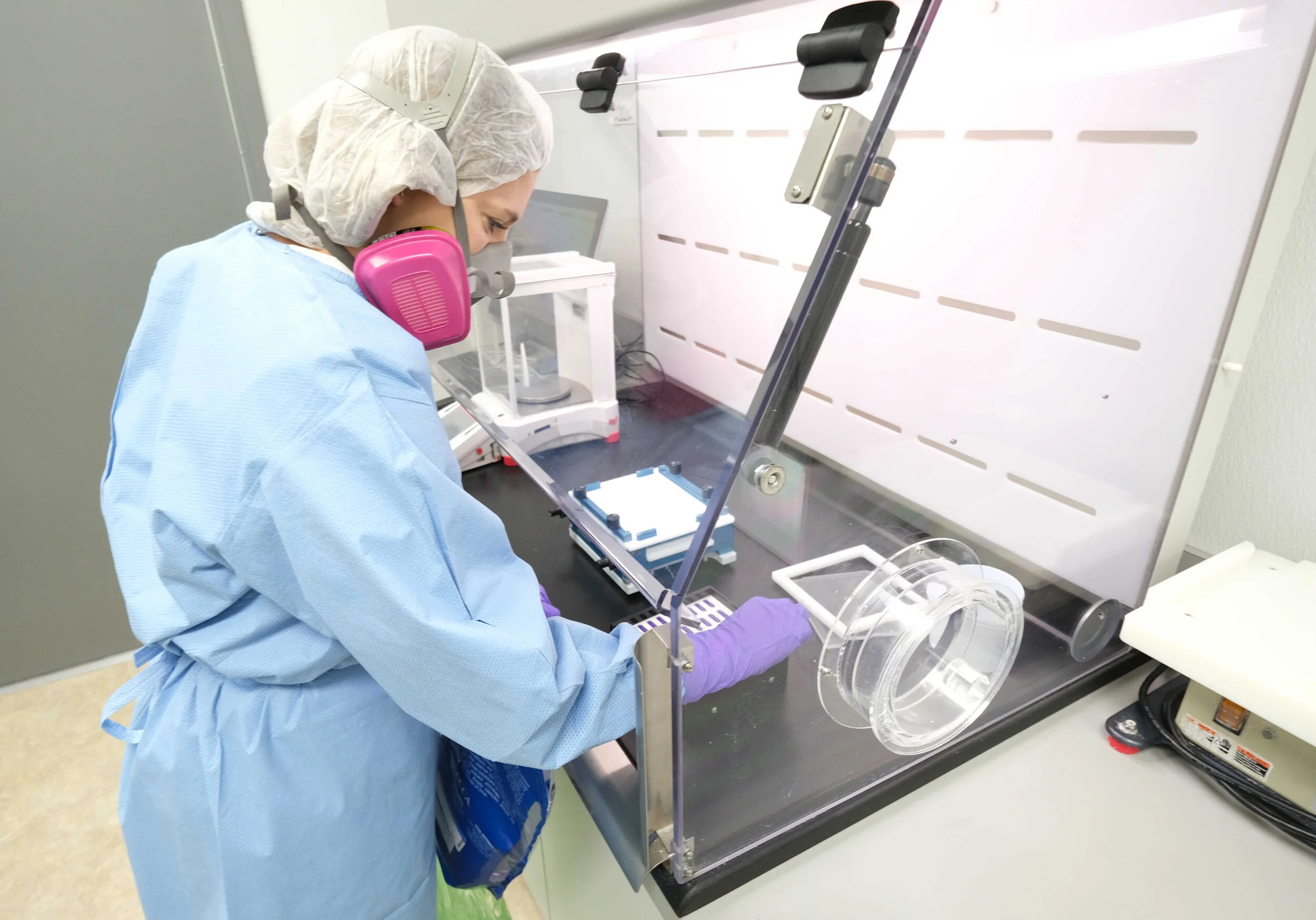Could Targeting Brain Inflammation Be The Answer To Alzheimer's Disease?
Recently, NBC News released a report by Dr. Rudi Tanzi, from Massachusetts General Hospital. He has discovered inflammation kills millions of nerve cells, shutting down the area responsible for thinking and memory. Could this be link be a between nervous system inflammation and memory play a factor in Alzheimer’s Disease? If it is true, then treating inflammation could lead to a viable approach to addressing the symptoms of Alzheimer’s.
This link to neuroinflammation could lead to many new treatment options for patients that suffer from autoimmune diseases like alzheimer’s.
If you would like to learn more about how the mechanism of action of low-dose naltrexone mechanism may affect inflammation in the central nervous system through action on the microglial cells.
“We review the evidence that LDN may operate as a novel anti-inflammatory agent in the central nervous system, via action on microglial cells. These effects may be unique to low dosages of naltrexone and appear to be entirely independent from naltrexone’s better-known activity on opioid receptors.”
Learn more about low dose naltrexone and at our next public seminar.
Low Dose Naltrexone (LDN) is increasingly used by clinicians for management of challenging medical conditions such as chronic pain or autoimmune disorders.
Epilepsy is a broad term used to describe people who suffer multiple seizures in their life time. Seizures are defined as sudden, uncontrolled electrical brain activity. Depending on how the brain looks at these electrical currents a person may change behavior, display abnormal movement or even lose consciousness. Low Dose Naltrexone has shown promise as an alternative treatment option for seizure disorders.
Naltrexone is classified as an opioid antagonist. Naltrexone blocks opiate drugs from binding to the opioid receptors, which can result in increased endorphin and enkephalin release. This causes a biological response that results in reduced signaling and release of inflammatory substances, nerve cell inflammation and autoimmune mediators. LDN has been studied across a wide variety of autoimmune conditions and cancer diagnosis.
COVID-19 sparks an inflammatory immune response that is essential to control and eliminate the infection, however, certain immune responses can cause a decrease of gas exchange in the lungs.
The LDN Research Trust released a documentary earlier this month that provides education for patients that are suffering from chronic pain and are dependent on opioid prescription medication.
Autoimmune conditions like Alzheimer’s Disease may be linked to chronic inflammation of nervous system. Does the future of new treatments focus on controlling inflammation and how can low dose naltrexone play a role?
Patients living with chronic pain are turning to low dose naltrexone as a solution to opioid medications to get their quality of life back to normal. NPR publishes a very well written article about LDN and cites both patient experience and references to clinical research for validation.









Autoimmune diseases are a complex group of conditions in which the immune system mistakenly attacks healthy cells and tissues. While treatment options exist to manage symptoms, there is no known cure for autoimmune diseases. However, recent research has shed light on the potential benefits of Low Dose Naltrexone (LDN) in managing these conditions. In this blog post, we'll explore some of the latest research findings on the use of LDN in autoimmune diseases.